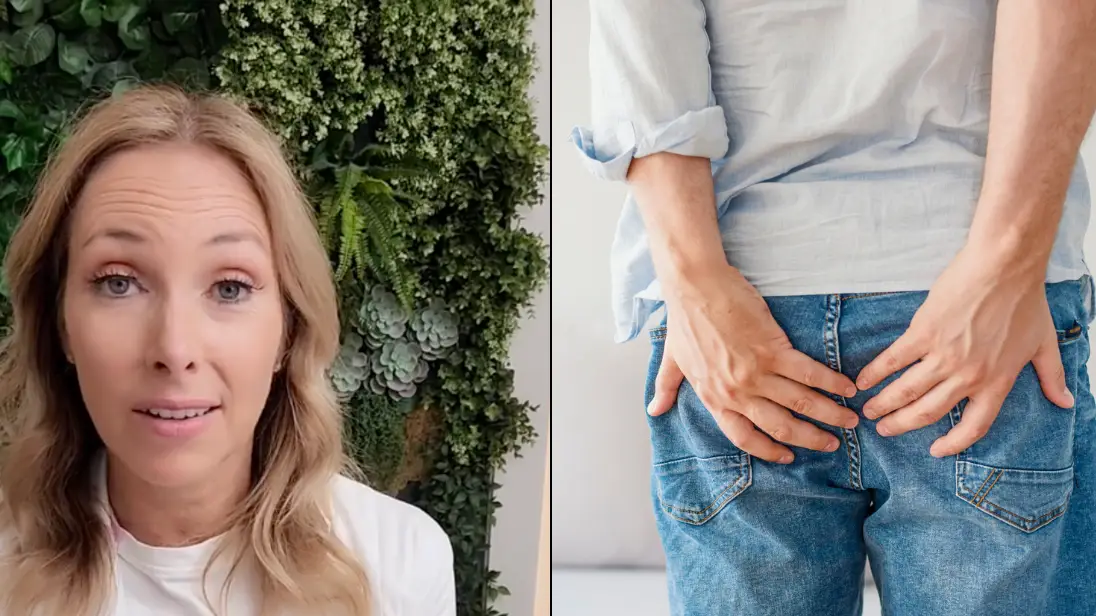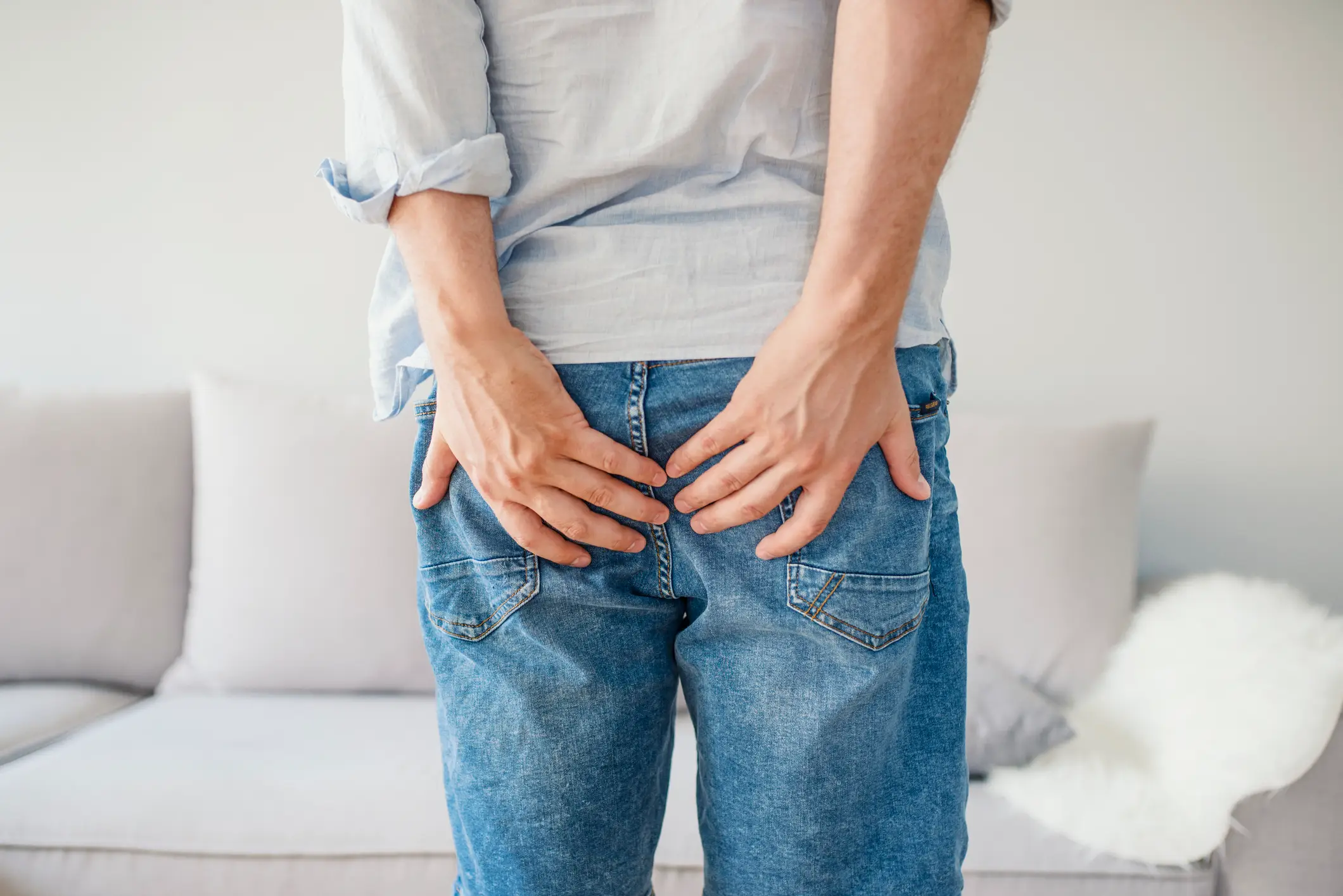
A doctor has opened up about the worrying consequences of holding off going for a poo.
We've all done it at one time or another, and it's usually the case when you don't fancy taking a dump in a dirty public toilet.
When you're out and in desperate need of a poo, the idea of waiting until you arrive in the comfort of your own home often sounds like the best solution at the time.
However, Dr Janine Bowring (j9naturally), from the US, has explained why you should never hold it in.
Advert

Taking to TikTok, the Naturopathic doctor and TV personality told her one million followers: "Never hold in your poop, why?
"Because it can cause constipation and that stool that's sitting longer in your digestive tract that water is getting removed and can be painful.
"It can also cause haemorrhoids and fissures and that bleeding in that area, which you're not gonna like.
"So my tips here, when you gotta go, you gotta go.
"I know that the kids don't like to go at school, adults don't like to go out in public or at work, but when you get the urge, you gotta go poop."
Dr Zoe Williams, an NHS GP working with Activia, also told the Huffington Post: "Our bodies need to do their thing, and regardless of the reason you’re ‘holding in’ your poo, it’s not good for your gut.
"Getting into the habit of holding a poo regularly can have some potential negative effects."
Meanwhile, a recent study found the shocking link between constipation and major adverse cardiac events (MACE).
For those unaware, the NHS say that constipation in adults occurs when there are changes to how you poo and how often you poo.
Although it is usually treatable with a diet and lifestyle changes, researchers from Monash University have warned that it could cause heart attacks, strokes and heart failure.
After taking a look at what causes MACE, researchers from Monash University found 23,814 cases of it being linked to constipation.

The findings showed that those suffering from constipation were twice as likely to have a major cardiac event, compared to those without it.
“Our study suggests that constipation, a common yet often overlooked health issue, may be a significant contributor to cardiovascular disease,” said
“Traditional cardiovascular risk factors such as high blood pressure, obesity, and smoking have long been recognised as key drivers of heart disease.
“However, these factors alone do not fully explain the occurrence of major cardiac events.”
What are the signs of constipation?
- not pooing at least three times during the last week
- poo is unusually large or small, dry, hard or lumpy
- you are straining when you poo
What causes constipation?
- lack of fibre
- lack of fluids
- spending too much time sat down
- not exercising
- not going to the toilet when you need to
- a change in diet
- a side effect of medication
- stress, anxiety or depression
How can you treat constipation?
- eat a fibre-rich diet with wholegrains, fruit and vegetables
- avoid alcohol
- drink plenty of water